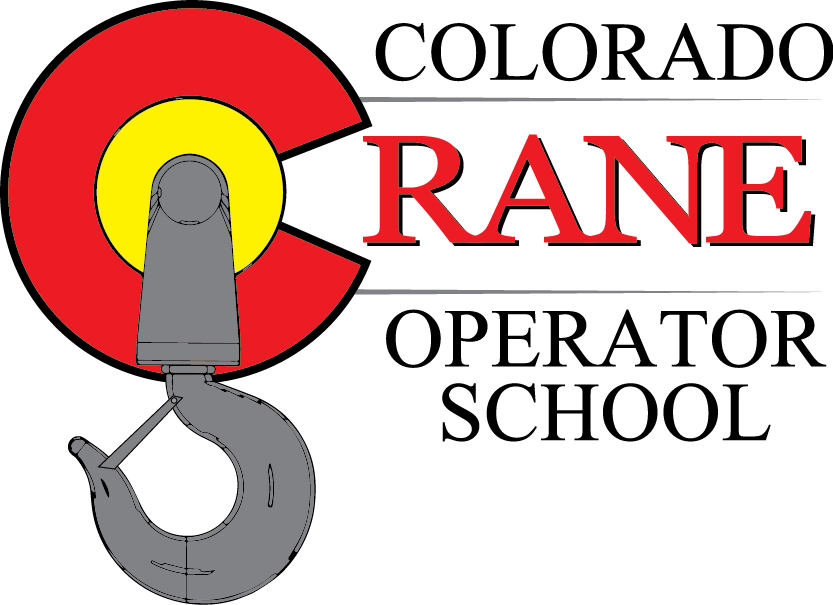Program Overview
The Bureau of Labor Statistics Fact Sheet from 2011 to 2017, the Census of Fatal Occupational Injuries (CFOI) reported a total of 297 total crane-related deaths, an average of 42 per year over this 7-year period. From 2011 to 2017, 43 percent of fatal work injuries involving cranes took place in the private construction industry. Specialty trade contractors and heavy and civil engineering construction had the most fatal injuries involving cranes in private construction. The manufacturing industry accounted for another 24 percent of crane and rigging related deaths. Looking at those statistics alone, the need for management to be trained in crane and rigging is critical.
Cranes are usually the largest piece of equipment on a construction site. Cranes are commonly used on construction sites to lift and place the heavy objects and materials. While cranes are an invaluable tool, they can also result in major safety incidents if not operated safely. More accidents are caused by cranes than any other piece of equipment. Because of their size and purpose, cranes and hoisting activities represent a high demand for constant safety and awareness.
It has been found that the majority of crane and rigging accidents can be attributed to either a lack of proper training, inexperienced individuals in the hoisting operations, or individuals who ignore common crane safety standards and regulations. Knowledge and experience is important for everyone involved in crane hoisting operations. This course is designed to give those in the construction industry a deeper understanding of crane safety
This one-day employer paid course is intended for management/supervisory personnel in the load handling industry. This includes but not limited to Safety directors, Company Officers, Estimators, Project Managers, Supervisors, foreman or anyone else who is in the need for quality training.
We offer the most comprehensive information on a variety of topics with hands-on training!
The 8-hour course will cover:
- Operator Requirements and Responsibilities
- Safe Operating Procedures
- Pre-Operational Inspection & Checklist
- Preparing for a Critical Lift
- OSHA Standard Hand Signals
- Voice Signals
- Audible Signals and Special Hand Signals
- Pre-Site Inspection
- Controlling Entity Requirements
- Basic Rigging Principles
- Structural vs Stability Capacities
- Load Charts, and more!
A written test given at the end of the class will assess each participant’s ability to solve rigging related problems. Each participant will receive a “Crane Safety Supervisor” card along with a Crane and Rigging Handbook to assist them in the field. This qualification meets industry standards and is valid for three years.
Crane and Rigging for Management: Training Eligibility
This is an ideal class for any individual who is in a supervisory role within the company. This includes and is not limited to construction engineers, supervisors’ owners and anyone who needs to have a better understanding of what to look for regarding safe hoisting operations.
